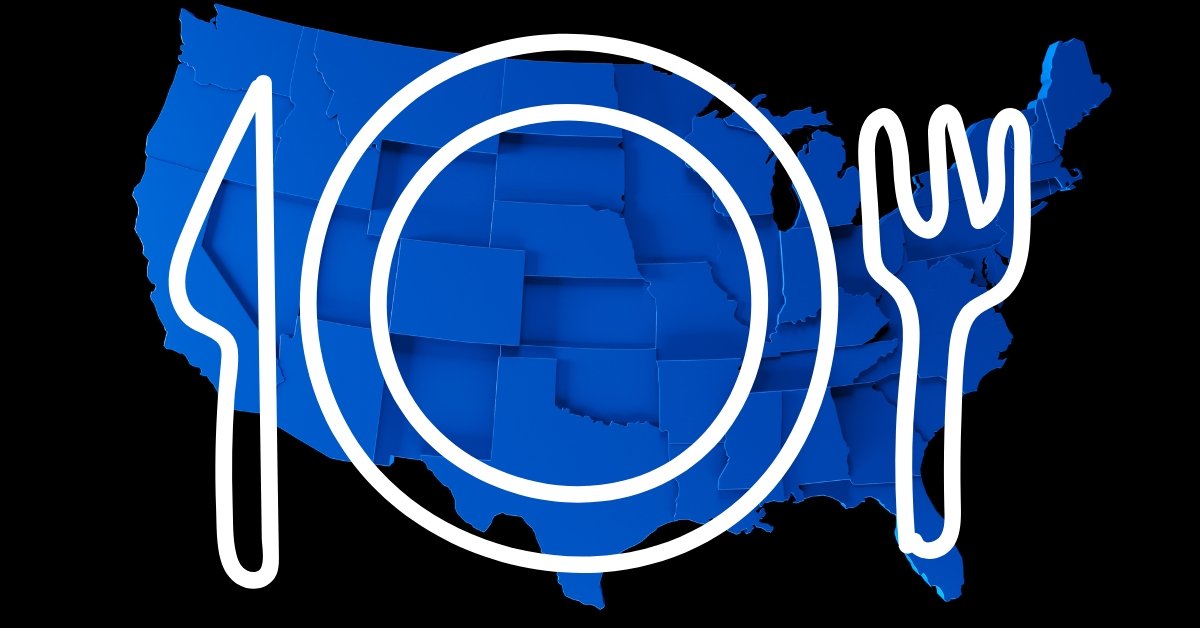Is cannibalism legal in any US State? Explore state laws, Idaho’s unique statute, and why it is effectively illegal nationwide in this in-depth analysis.
Table Of Contents
Introduction: Exploring A Taboo Question
Cannibalism, the act of consuming human flesh or blood, evokes fascination and horror.
From historical survival stories like the Donner Party to modern media portrayals, it raises a provocative question: Is cannibalism legal in any US State?
At THOUSIF Inc. – USA, we have conducted thorough research to provide a clear, professional answer.
This blog post examines federal and state laws, real-world cases, and ethical considerations to reveal that cannibalism is effectively illegal across the United States despite only one state explicitly naming it.
Defining Cannibalism And Its Legal Context
Cannibalism involves a human consuming another’s flesh or blood, whether due to necessity, ritual, or choice.
Historically, it has occurred in extreme circumstances, like the 1972 Andes flight disaster, or in criminal cases, such as Jeffrey Dahmer’s.
Legally, the US operates on a dual federal-state system, with states holding significant authority over criminal law.
To determine if cannibalism is legal, we must analyze both levels of legislation.
Federal Law: No Explicit Ban, But No Permission
No federal statute directly prohibits cannibalism, which might suggest a legal gap.
However, this absence is deceptive. Federal laws against murder, manslaughter, and mishandling human remains make cannibalism virtually impossible without committing a crime.
For example, obtaining human flesh typically involves illegal acts like killing or desecrating a corpse, both heavily penalized.
Thus, while eating human flesh is not explicitly outlawed federally, the surrounding actions are closing any loopholes.
State Laws: Idaho’s Exception And Nationwide Prohibitions
The core question is, is cannibalism legal in any US state? Hinges on state laws.
Idaho is the only state with a specific statute, Idaho Code Section 18-5003, defining cannibalism as “willfully ingesting the flesh or blood of a human being.”
This felony carries up to 14 years in prison but allows a defense for survival situations, such as starvation.
The other 49 states lack a “cannibalism” law but prohibit it through statutes on murder, corpse desecration, and abuse of remains.
Below is a concise overview:
Legal Status Of Cannibalism In The US
| State | Law | Penalties |
|---|---|---|
| Idaho | Yes (Section 18-5003) | Up to 14 years; survival defense permitted |
| Texas | No | Penal Code §42.08: Abuse of corpse (6 months–2 years, $10,000 fine) |
| California | No | Health & Safety Code §7052: Mutilation of remains (up to 7 years) |
| New York | No | Penal Law §195.02: Concealment of corpse (up to 4 years) |
| Oklahoma | No | 21 OK Stat §21-1161.1: Corpse desecration (up to 7 years, $8,000 fine) |
- Texas: Penal Code Section 42.08 classifies offensive treatment of a corpse, including potential consumption, as a state jail felony with penalties stiffened in 2017.
- California: Health and Safety Code Section 7052 prohibits mutilating human remains, covering cannibalism-related acts with felony charges.
- New York: Penal Law Section 195.02 addresses corpse concealment, while a 2024 bill (S8751A, pending) aims to include mutilation explicitly.
- Oklahoma: 21 OK Stat §21-1161.1 defines desecration, including causing a body to be devoured, as a felony.
Every state’s legal framework ensures cannibalism is prosecutable, answering that no state permits it.
Case Studies: Legal Applications
Real and hypothetical cases clarify how laws address cannibalism:
Texas Amputee Case (2018)
A Texas man legally consumed his amputated leg, as it was his property and did not involve another’s remains.
This rare case shows that eating one’s body parts may not violate laws like Texas Penal Code Section 42.08, but it is an exception irrelevant to traditional cannibalism.
Consensual Cannibalism
If someone consents to be eaten, legal barriers remain.
Killing, even with consent, is murder, a felony nationwide.
Consuming a body after suicide could trigger desecration charges, as in New York’s Penal Law §195.02.
Consent offers no legal shield.
Survival Scenarios
Historical cases like the Donner Party (1846-47) faced no prosecution due to necessity.
Idaho’s survival defense aligns with this, but other states may scrutinize murder charges, as seen in the 1884 Regina v. Dudley and Stephens precedent.
Key US Cases and Outcomes
| Case | State | Legal |
|---|---|---|
| Texas Amputee (2018) | Texas | No charges; own limb consumption legal |
| Consensual Scenario | Any | Murder or desecration charges apply |
| Donner Party | California | No prosecution; survival context |
| Jeffrey Dahmer | Wisconsin | Convicted of murder, not cannibalism specifically |
Ethical And Health Considerations
Ethical and health concerns reinforce cannibalism’s illegality.
Culturally, it is a taboo, reflecting respect for human dignity embedded in laws protecting remains.
Health risks are significant, notably Kuru, a fatal prion disease linked to cannibalism in Papua New Guinea.
Such dangers underpin public health regulations, further prohibiting the practice.
International Perspective
Globally, few countries explicitly ban cannibalism, relying on related laws:
| Country | Law | Legal |
|---|---|---|
| United States | Idaho only | Murder and desecration laws in 49 states |
| Germany | No | Murder, disturbing the dead (e.g., Meiwes case) |
| United Kingdom | No | Laws against mishandling remain |
The US approach mirrors other nations, confirming no legal tolerance for cannibalism.
Debunking Myths
A common myth claims cannibalism is “legal in 49 states” due to Idaho’s unique law.
This is false; overlapping statutes ensure it is illegal everywhere.
Another misconception is that consent allows cannibalism, but murder and desecration laws apply regardless.
Recent Developments (2025)
As of June 2025, no new states have adopted specific cannibalism laws.
New York’s S8751A bill, pending in 2024, could clarify mutilation laws, but existing statutes suffice.
Public interest persists, with X discussions reflecting curiosity about legal gaps.
Conclusion: A Clear Answer
Is cannibalism legal in any US state? No. Idaho’s explicit law and the other 49 states’ statutes on murder, corpse desecration, and abuse of remains ensure it is prohibited nationwide.
Ethical taboos and health risks, like Kuru, solidify this stance.
At THOUSIF Inc. – USA, we are committed to answering tough questions with clarity.
Explore more legal insights on our website, and share your thoughts on what we should investigate next.
Trivia
The term “cannibalism” derives from the Spanish name for the Carib people, rumored to have practiced it in the 16th century, shaping its modern legal and cultural stigma.






